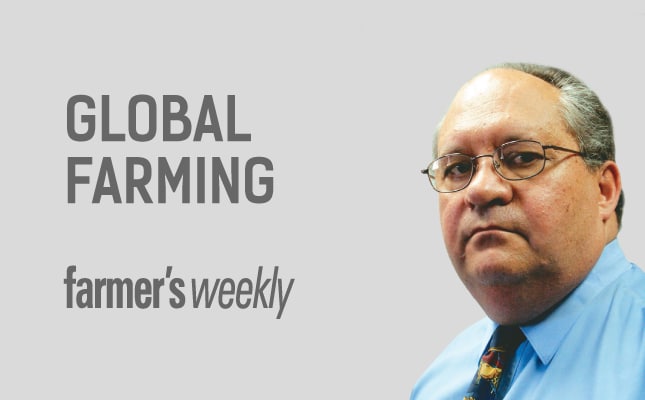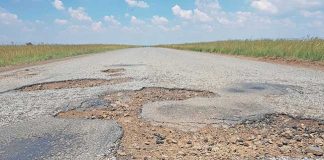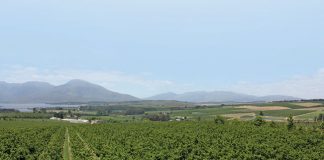
Despite a sharp increase in milk producer prices, milk production decreased in July 2023 by 2,4% year-on-year.
The increase in producer prices as processors tried to stem the negative growth trend did not result in higher production. This is what happens when economic laws are ignored.
Pay the farmer a low price and they will continue to produce, but only for a short time. In the long run, production is permanently damaged. Physical laws cannot be ignored. For instance, water freezes at temperatures below 0°C.
Farmers who ignore this have seen what damage ice can do to machinery. To ignore physical laws frequently results in disaster.
Farmers’ production decisions
The same is true for the laws that govern economic systems. Ignore at your peril. The current situation in the dairy industry is a good example of what happens when economic laws are ignored.
Producer milk prices and the prices that farmers have to pay for farm requisites influence farmers’ production decisions. Higher profitability results in increased production, while lower profitability results in lower production.
However, economic theory shows that production will continue even if profitability decreases, provided farmers are still able to cover total variable cost.
(The total variable cost of a company’s production is equivalent to how much it costs to produce one single unit of product.)
An example from grain production will illustrate this.
When a wheat farmer has to decide whether to harvest a failed crop, the only factors they take into account are the harvesting and marketing costs compared with the income from the crop.
The cost of seed, fertiliser and other inputs used in the production process are irrelevant at this stage.
The same is true for dairy farmers. As long as the milk sales cover the variable cost of milk production, farmers will continue producing in the short term, even though they are losing money.
If the depressed situation continues, farmers will take the decision to limit production, and eventually stop dairy farming.
Milk: feed ratio
For every individual farmer, the decision point where they decide to stop dairy farming is different. Many farmers reached this point in the recent long period of lower prices and higher cost.
The milk: feed price ratio provides a good illustration of how economic laws affect farmers’ production decisions. When the price index was at a low 1,21:1, the 12th month of a lower than 1,3:1 ratio, perceived as the break-even ratio, this long period of lower profitability led to lower milk production in 2021 and 2022.
The price ratio has improved since then as producer prices increased and feed prices decreased.
Production will continue for a time, even though producers do not cover full economic cost, but only the variable part of total cost as the positive growth in 2021 illustrates.
In the longer run
This fact provides the chance to milk buyers to bully milk producers with lower prices.
However, in the longer run, farmers will decide, on the basis of total cost and total income, whether they should continue dairy farming.
The monthly decrease in milk production experienced since mid 2022 shows that several milk producers have reached the tipping point between continuing or stopping milk production.
As this irreversible trend continues, milk buyers may find that they have to pay more to secure milk supplies.
The remaining milk producers are in a favourable situation, and can use that to negotiate good prices with their milk buyers. But those milk buyers who did not build good relationships with their farmers in the perceived surplus times may find themselves without suppliers.
Profitability will fluctuate
The current producer and feed prices are favourable. However, as always, farmers must realise that the relative profitability of milk production will decrease again in future, and they should enjoy the better profitability responsibly.
Dr Koos Coetzee is an independent agricultural economist.










